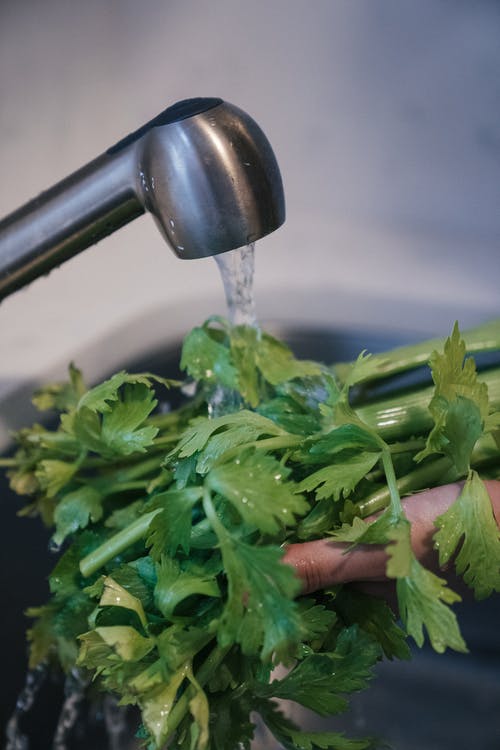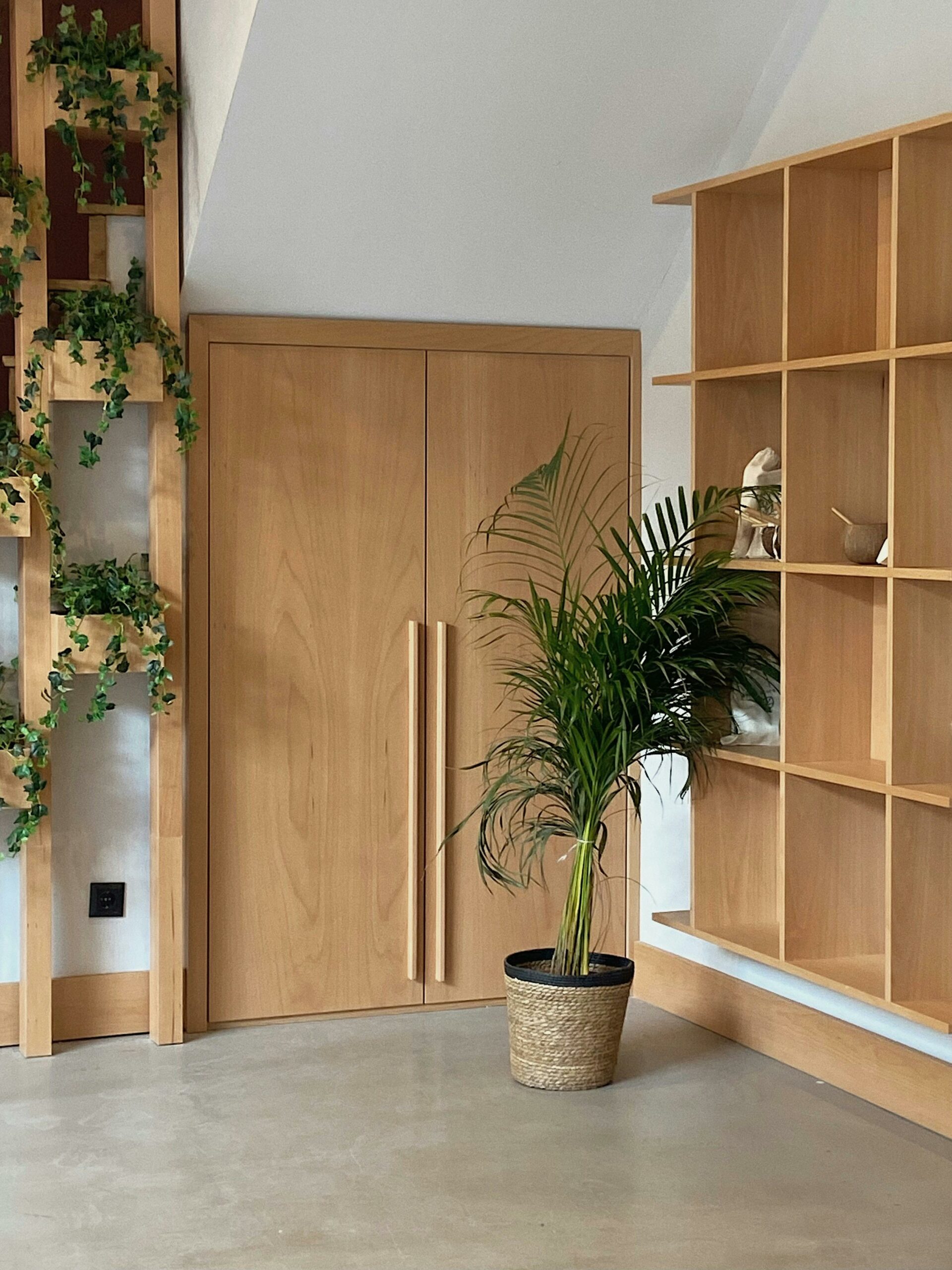If you have hard water, then you might need a water softener. Hard water can cause a variety of problems, including making it difficult to get your laundry clean or leaving behind spots on dishes and fixtures.
A water softener works by removing the minerals that cause hardness, making your water softer and easier to use. Here are five reasons why you might need a water softener.

Common Hard Water Issues
Hard water affects a lot of US homeowners across the nation.
Hard water can cause a variety of problems, such as making it difficult to get clothes and linens clean, leaving behind spots on dishes and fixtures, and clogging pipes — the consequences of hard water become noticeable at 7 GPG — more than that, and it’s time to take action.
- Soap scum build-up in the shower or bathtub
- Rusty stains on laundry
- Mineral deposits left behind after showers and baths
- Spots on dishes and glasses
- Clogged pipes
Water softeners work by removing the minerals that cause hardness, making your water softer and easier to use. Here are five reasons you might need a water softener:
1. Hard water can cause scaling in your plumbing and appliances, which reduces their efficiency and lifespan over time. A water softener can help prevent this by removing the minerals that contribute to scale buildup.
2. Hard water can make it difficult to get your laundry clean, leaving your clothes looking dingy and feeling stiff. A water softener helps ensure that your clothes come out clean and fresh, even in hard water conditions.
3. Hard water can result in buildup on your dishes, fixtures, and other surfaces around the house. This can make them look dirty and be difficult to clean, which can impact the overall appearance of your home. A water softener can help prevent this by removing the hard water minerals that contribute to soap scum and buildup.
4. Hard water can cause skin irritation, including dryness and flakiness. Using softened water can help reduce these symptoms and improve your overall skin health.
5. Hard water can affect the taste of your food and beverages. If you find that your food and drinks taste different when made with hard water, then a water softener can help improve the taste.
If you’re experiencing any of these problems, then a water softener might be the best solution for you. However, by doing a simple water test, you will know for sure if this is the case or not some other underlining issue is present.
Water Testing
A simple water test can provide you with the information you need to know if hard water is causing your problems. The test will be able to determine how hard your water is and what types of minerals are present, which can help you decide if a water softener is right for you. You can do this test yourself or have it done by a professional to ensure accurate results.
If your water tests show that your water is hard and contains certain minerals, then a water softener might be the best solution for you.
How Does a Water Softener Work
A water softener works by removing the minerals that cause hardness, making your water softer and easier to use. The most common type of water softener uses a process called ion exchange to remove the minerals from your water. This process replaces the hard water minerals with sodium or potassium ions, which are then flushed away, leaving behind softened water.
What Types of Water Softeners are There?
There are several types of water softeners available, including salt-based and salt-free systems. Salt-based systems use a process called ion exchange to remove minerals from your water, while salt-free systems work to prevent the minerals from sticking together, making it easier for them to dissolve in your water.
Salt-Based Systems
Salt-based systems use a process called ion exchange to remove minerals from your water. This process replaces the hard water minerals with sodium or potassium ions, which are then flushed away, leaving behind softened water.
Salt-Free Systems
Salt-free systems work by preventing the minerals from sticking together, making it easier for them to dissolve in your water. This does not remove the minerals from your water but instead prevents them from causing problems like scaling and buildup.
Which is right for you?
Choosing the right water softener will depend on your individual needs and budget. If you are experiencing any of the common problems associated with hard water, then a water softener might be the best solution for you. However, by doing a simple water test, you will know for sure if this is the case or not some other underlining issue is present.
In Closing
We hope we cleared up some common questions regarding the need for a water softener if hard water is present. It’s always best to consult with a water quality professional to discuss options before pulling the trigger on any type of system.






